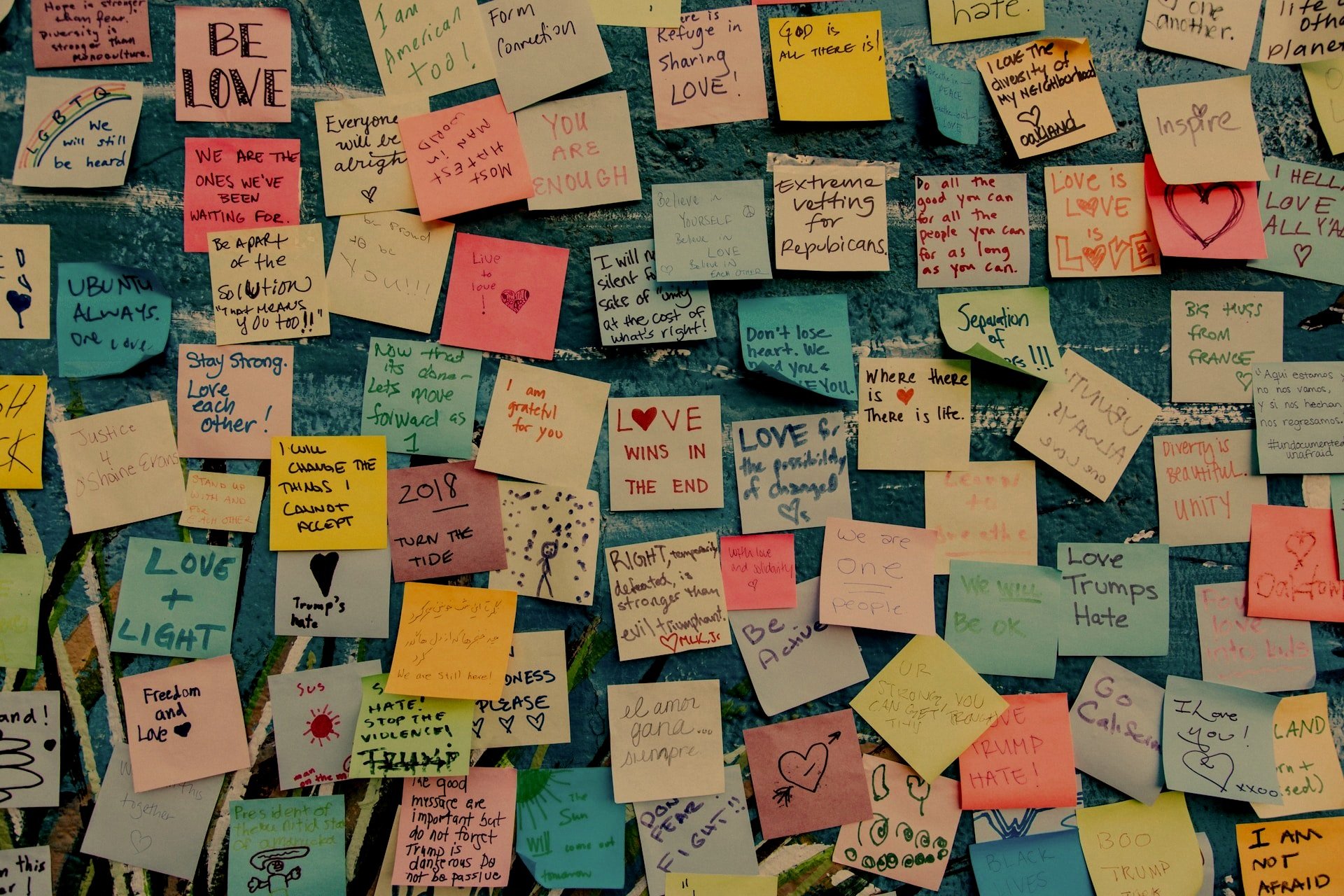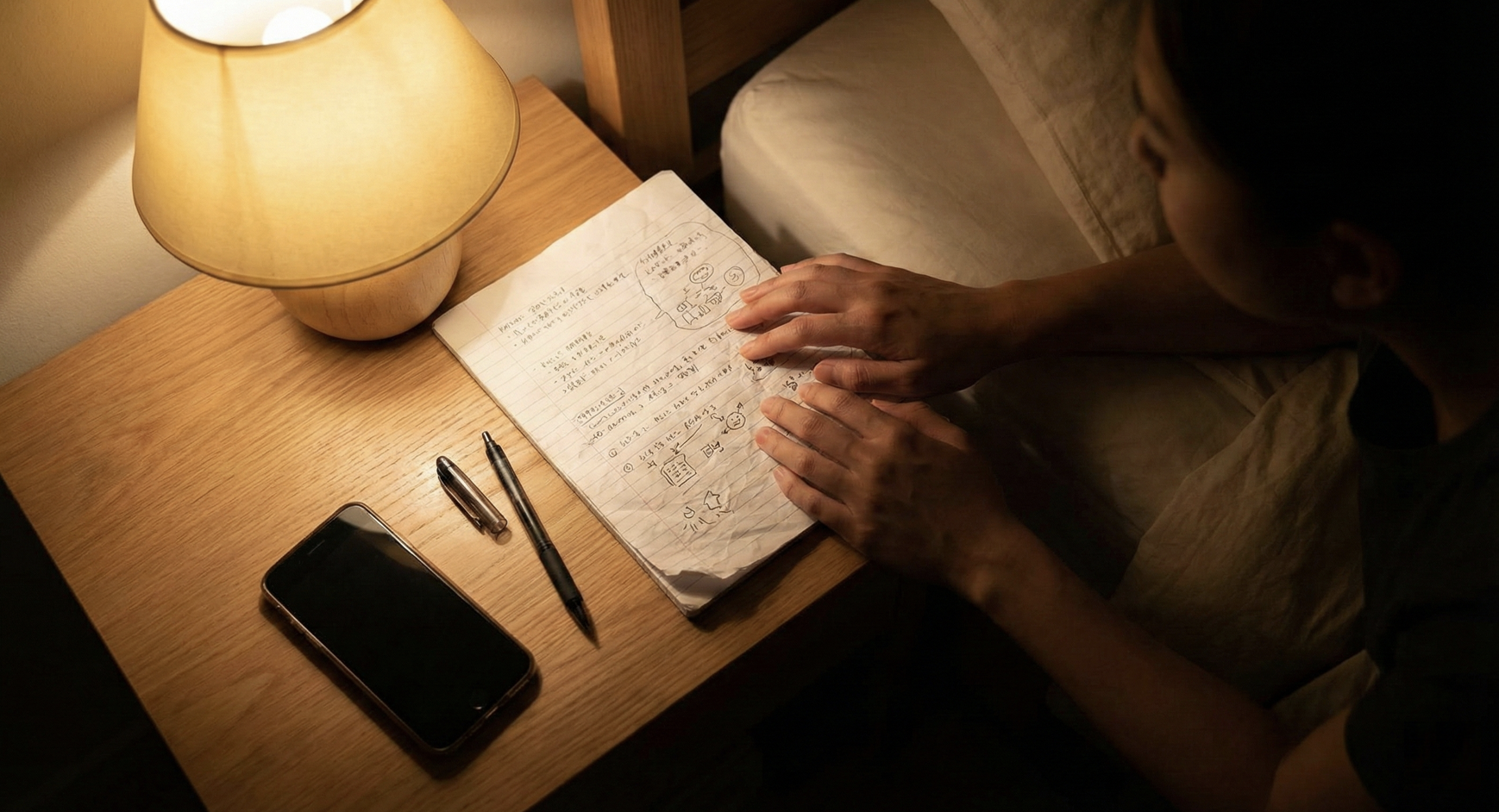HOW SCHOOLS KILLED CREATIVITY, AND WHY WE DESPERATELY NEED TO BRING IT BACK.

HOW SCHOOLS KILLED CREATIVITY, AND WHY WE DESPERATELY NEED TO BRING IT BACK.
https://www.ted.com/talks/ken_robinson_says_schools_kill_creativity
SIR KEN ROBINSON ON HOW SCHOOLS KILL CREATIVITY
A British author, speaker and international advisor on education in the arts, Sir Ken Robinson has dedicated his life to figuring out ways to unlock creativity in people and organizations. He works with governments, education systems, international agencies, global corporations and cultural organizations to find and utilize creativity for success. He argues that our education system has stifled our creativity and that creativity needs to be nurtured and treated with the same amount of importance as literacy.
He explored this argument very convincingly in a 2006 TED Talk titled, “Do schools kill creativity?” The nearly 20 minute lecture is considered one of the most popular TED Talks of all time, viewed more than 60 million times in 160 countries.
Robinson starts out his talk by saying he thinks we all have a vested interest in education, that it “goes deep with people,” but it’s also extremely unpredictable.
So I have a big interest in education, and I think we all do. We have a huge vested interest in it, partly because it's education that's meant to take us into this future that we can't grasp. If you think of it, children starting school this year will be retiring in 2065. Nobody has a clue … what the world will look like in five years' time. And yet, we're meant to be educating them for it. So the unpredictability, I think, is extraordinary.
He makes his thesis early on, or his “contention,” as he says. It’s two-fold.
And my contention is, all kids have tremendous talents, and we squander them, pretty ruthlessly.
and…
My contention is that creativity now is as important in education as literacy, and we should treat it with the same status.
How are we squandering our kids talents? Part of it is that we’ve created a corporate society where we look down on mistakes. We make people, especially kids, feel like being wrong is a bad thing and that leads them to lose, or “be educated out of” their creativity, according to Robinson.
… kids will take a chance. If they don't know, they'll have a go. Am I right? They're not frightened of being wrong. I don't mean to say that being wrong is the same thing as being creative. What we do know is, if you're not prepared to be wrong, you'll never come up with anything original -- if you're not prepared to be wrong. And by the time they get to be adults, most kids have lost that capacity. They have become frightened of being wrong. And we run our companies like this. We stigmatize mistakes. And we're now running national education systems where mistakes are the worst thing you can make. And the result is that we are educating people out of their creative capacities.
Picasso once said this, he said that all children are born artists. The problem is to remain an artist as we grow up. I believe this passionately, that we don't grow into creativity, we grow out of it. Or rather, we get educated out of it. So why is this?
Robinson doesn’t blame just one country or one type of education for teaching kids to grow out of creativity. He said it’s prevalent all around the world, everywhere we go. At the top of education is mathematics, languages and humanities and the arts goes on the bottom. Even within the arts there exists a hierarchy — arts and music have a higher status than drama and dance.
There isn't an education system on the planet that teaches dance every day to children the way we teach them mathematics. Why? Why not? I think this is rather important. I think math is very important, but so is dance. Children dance all the time if they're allowed to, we all do. We all have bodies, don't we? Did I miss a meeting?
As children grow, Robinson says we begin to educate them from the waste up. We focus on their heads and “slightly to one side,” meaning the left side of the brain, which is the section of the brain that performs tasks related to science and mathematics.
I think you'd have to conclude, if you look at the output, who really succeeds by this, who does everything they should, who gets all the brownie points, who are the winners — I think you'd have to conclude the whole purpose of public education throughout the world is to produce university professors. Isn't it? They're the people who come out the top. And I used to be one, so there.
Not that there’s anything wrong with university professors, Robinson continues. He just doesn’t think they should be seen as the top of all human achievement.
How Did We Get Here?
So, how did we get here, to the point where academics are positioned at the top of our society? Robinson says this hierarchy is rooted in two ideas that came to be during the time of industrialism, when public education systems were created.
Number one, that the most useful subjects for work are at the top. So you were probably steered benignly away from things at school when you were a kid, things you liked, on the grounds you would never get a job doing that. Is that right? "Don't do music, you're not going to be a musician; don't do art, you won't be an artist." Benign advice — now, profoundly mistaken. The whole world is engulfed in a revolution.
And the second is academic ability, which has really come to dominate our view of intelligence, because the universities design the system in their image. If you think of it, the whole system of public education around the world is a protracted process of university entrance. And the consequence is that many highly talented, brilliant, creative people think they're not, because the thing they were good at at school wasn't valued, or was actually stigmatized. And I think we can't afford to go on that way.
And degrees are becoming less and less valuable, Robinson says. Citing research from the United Nations Educational, Scientific and Cultural Organization, he tells his audience that in the next three decades, more people across the world will graduate through education than since the start of human history.
Suddenly, degrees aren't worth anything. Isn't that true? When I was a student, if you had a degree, you had a job. If you didn't have a job, it's because you didn't want one. And I didn't want one, frankly. But now kids with degrees are often heading home to carry on playing video games, because you need an MA where the previous job required a BA, and now you need a PhD for the other. It's a process of academic inflation. And it indicates the whole structure of education is shifting beneath our feet. We need to radically rethink our view of intelligence.
He says we know three things about intelligence.
One, it's diverse. We think about the world in all the ways that we experience it. We think visually, we think in sound, we think kinesthetically, we think in abstract terms, we think in movement.
Secondly, intelligence is dynamic. If you look at the interactions of a human brain, as we heard yesterday from a number of presentations, intelligence is wonderfully interactive. The brain isn't divided into compartments. In fact, creativity -- which I define as the process of having original ideas that have value -- more often than not comes about through the interaction of different disciplinary ways of seeing things.
And the third thing about intelligence is, it's distinct.
He then shares a powerful story about Gillian Lynne, a woman he interviewed for a book about how people discover their talent.
Gillian and I had lunch one day. I said, "How did you get to be a dancer?" It was interesting. When she was at school, she was really hopeless. And the school, in the '30s, wrote to her parents and said, "We think Gillian has a learning disorder." She couldn't concentrate; she was fidgeting. I think now they'd say she had ADHD. Wouldn't you? But this was the 1930s, and ADHD hadn't been invented at this point. It wasn't an available condition.
Anyway, she went to see this specialist. So, this oak-paneled room, and she was there with her mother, and she was led and sat on this chair at the end, and she sat on her hands for 20 minutes, while this man talked to her mother about all the problems Gillian was having at school, because she was disturbing people, her homework was always late, and so on. Little kid of eight. In the end, the doctor went and sat next to Gillian and said, "I've listened to all these things your mother's told me. I need to speak to her privately. Wait here. We'll be back. We won't be very long," and they went and left her.
But as they went out of the room, he turned on the radio that was sitting on his desk. And when they got out of the room, he said to her mother, "Just stand and watch her." And the minute they left the room, she was on her feet, moving to the music. And they watched for a few minutes, and he turned to her mother and said, "Mrs. Lynne, Gillian isn't sick. She's a dancer. Take her to a dance school."
I said, "What happened?" She said, "She did. I can't tell you how wonderful it was. We walked in this room, and it was full of people like me -- people who couldn't sit still, people who had to move to think." Who had to move to think. They did ballet, they did tap, jazz; they did modern; they did contemporary. She was eventually auditioned for the Royal Ballet School. She became a soloist; she had a wonderful career at the Royal Ballet. She eventually graduated from the Royal Ballet School, founded the Gillian Lynne Dance Company, met Andrew Lloyd Webber. She's been responsible for some of the most successful musical theater productions in history, she's given pleasure to millions, and she's a multimillionaire. Somebody else might have put her on medication and told her to calm down.
He concludes with a call to action.
What TED celebrates is the gift of the human imagination. We have to be careful now that we use this gift wisely, and that we avert some of the scenarios that we've talked about. And the only way we'll do it is by seeing our creative capacities for the richness they are and seeing our children for the hope that they are. And our task is to educate their whole being, so they can face this future. By the way -- we may not see this future, but they will. And our job is to help them make something of it.
For more on Robinson and his work, check out his website.






